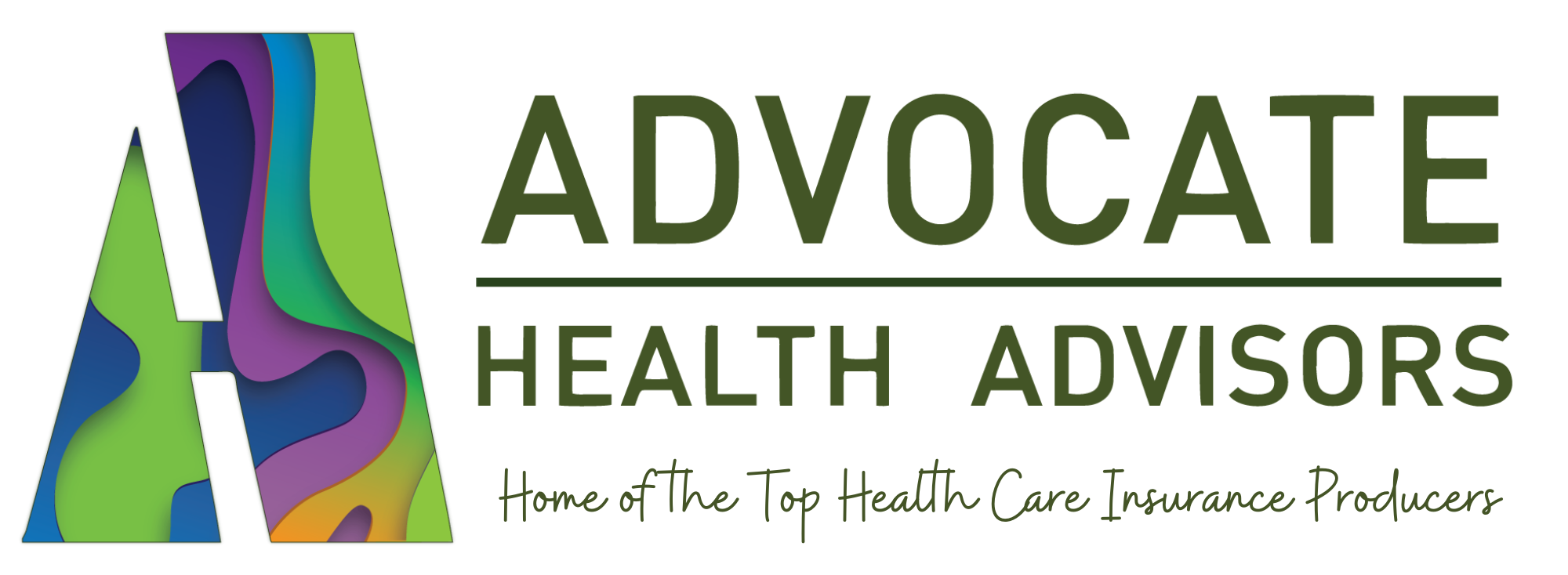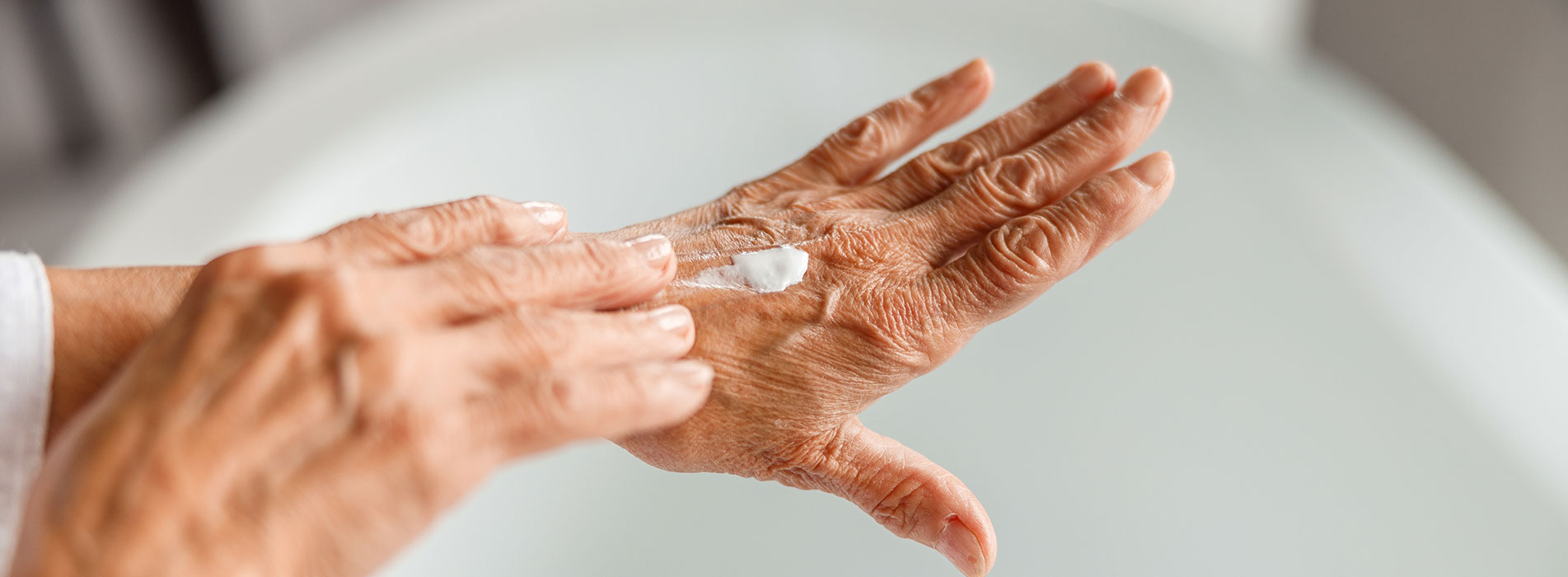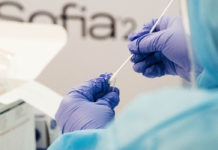August is Psoriasis Action Month! An annual health observance put together by the National Psoriasis Foundation (NPF) in show of support, celebration and dedication to Psoriasis, an immune-mediated disease* (a disease with an unclear cause that is characterized by inflammation caused by dysfunction of the immune system) that causes inflammation in the body, Psoriasis is a skin condition that causes red, flaky and crusty patches of skin covered with silvery scales. These patches normally appear on the elbows, knees, scalp, and lower back, but can occur anywhere of your body. Psoriasis affects people of all walks of life, and it impacts the entire body system.
Psoriasis Action Month is a campaign designed to empower the 8 million Americans living with this autoimmune disease to take action and take control and to share the spirit of resilience and empathy for those affected. Another one of the goals of this initiative is to educate the public about a disease that is often misunderstood and stigmatized, Psoriasis is not contagious. It is not something one can “catch” from another person as psoriasis lesions are not infectious. Living with psoriasis can be an everyday battle—from aches and pains, exhaustion, risk of comorbid conditions, such as cardiovascular disease and diabetes, to dealing with the stigma associated with such a visual disease. The best way for patients to fight psoriasis is to work with a health care professional to fully understand the physical and emotional impact of the disease and the various treatment options available for managing the disease.

5 Types of Psoriasis
- Plaque psoriasis, the most common, about 90% of people have this type.
- Guttate, characterized by small teardrop shaped spots, is often triggered by a bacterial, strepinfection.
- Inverse psoriasis also called intertriginous psoriasis, is found in skin folds like the armpits.
- Pustular psoriasis, are blisters of non-infectious white blood cells. Some versions of this type can be life threatening.
- Erythrodermic – only 3% of cases. In this type, the skin is extremely red, looking as if it has been burned and large sheets of skin peel off. This too is a life-threatening version and needs immediate attention.
The National Psoriasis Foundation has made great strides in increasing awareness about psoriatic disease. With tremendous advancements in the number of treatment options available today for people living with psoriasis, now more than ever, it’s easier to treat psoriasis and the results can be life changing.





